As an Amazon Associate I earn from qualifying purchases.
What Do Baby Water Turtles Eat?
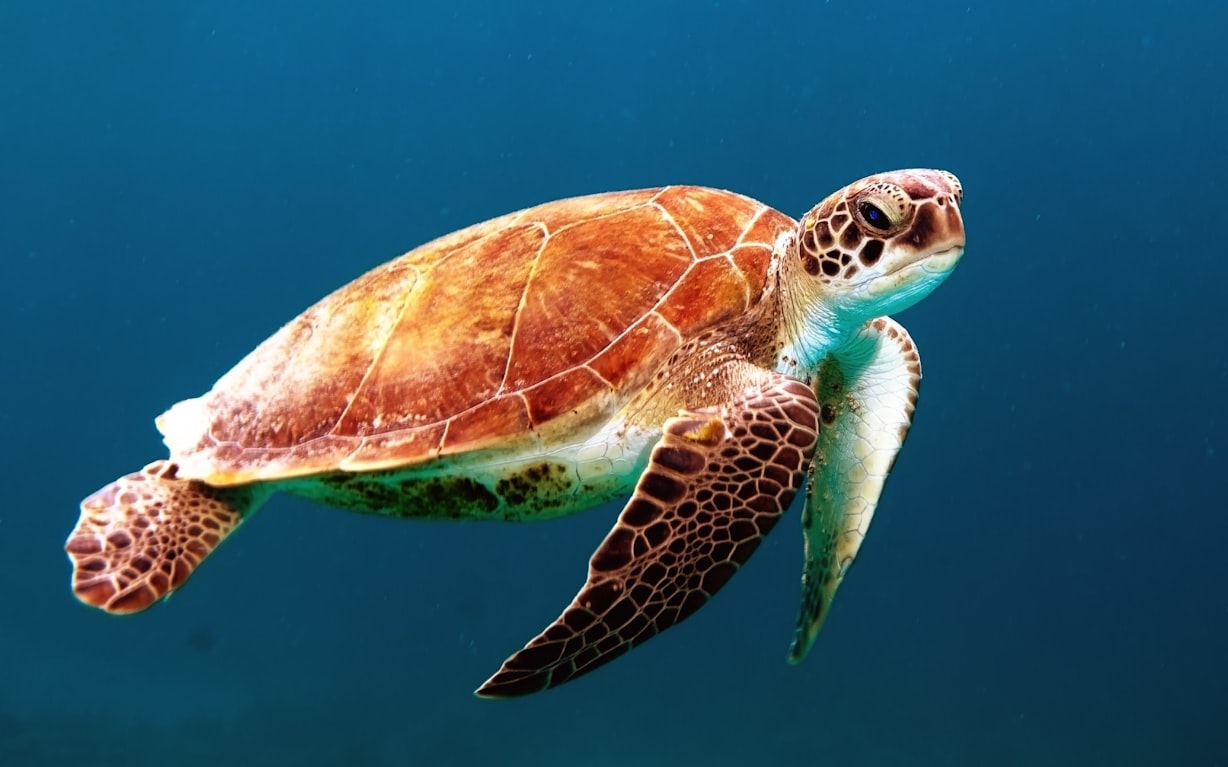
If you’re thinking about adopting or buying a baby turtle, it’s important to understand how to properly care for one until it reaches maturity. A proper diet is an essential aspect of the baby turtle’s upkeep. Let us determine which foods are best for tiny turtles.
Slow-going turtles that may be just as entertaining to watch as cats and dogs may live in an aquarium. They are rather easy to keep, especially compared to most reptiles. They can survive a long time, especially if you feed them properly.
You could also want to make sure your baby turtle is eating the correct kinds of food or raise them on a diet as close to a wild turtle as possible, being a turtle parent. We’ll go through what baby and adult turtles eat in the wild, as well as what you can feed them if they’re kept as pets.
It is very simple to acquire a baby turtle from a pet shop. However, caring for a newborn turtle is a demanding task that must be handled with great attention because it depends on the requirements and desires of each individual. Adult tortoises are more susceptible to external factors and strains than juvenile turtles, which is why it’s critical to provide them with extra attention. They’re also prone to a variety of illnesses and contain germs that can cause disease. As a result, you must provide adult turtles with customized care in order for them to reach adulthood.
Baby turtles need to be fed on a regular basis. They will not grow into robust and healthy turtles if they are not fed properly. We’ll go through how to feed a newborn turtle as well as the best food options.
What Do Baby Water Turtles Eat?
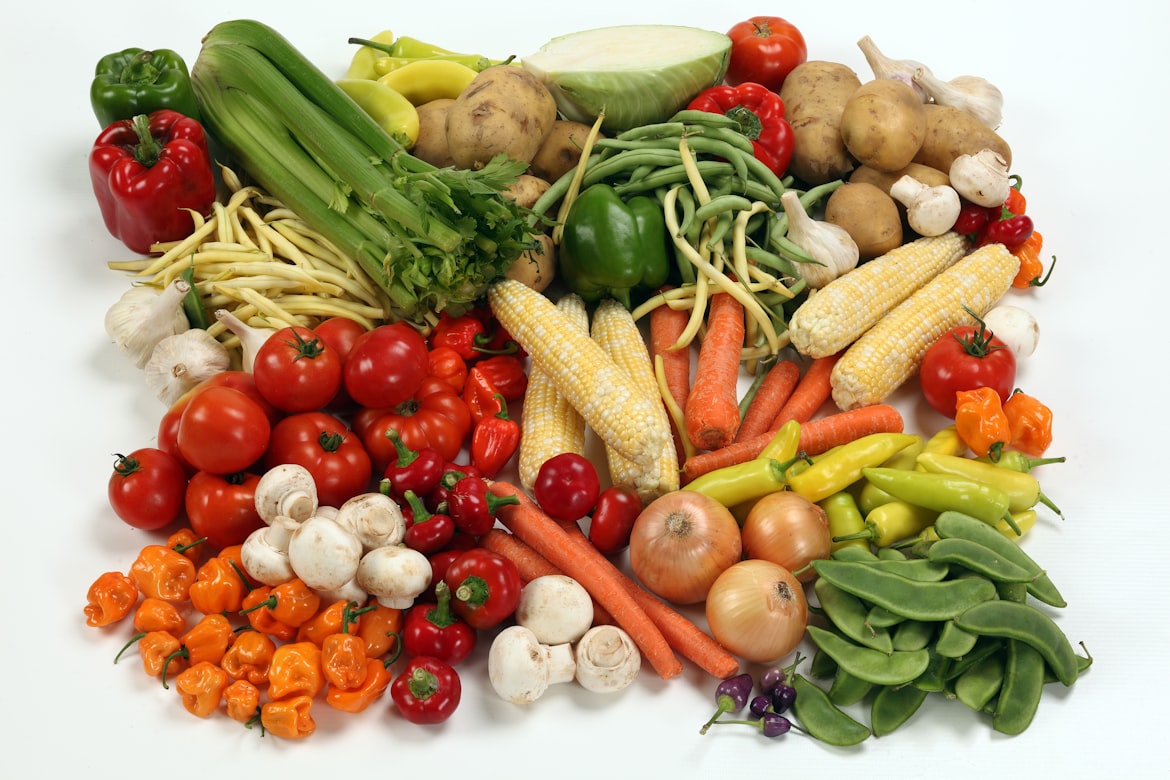
To ensure that your baby turtle grows and develops properly, you must feed it healthily. Flakes are one of the greatest diets for juvenile turtles. Baby turtles may be fed with tiny fish, food sticks, and pellets. Fortunately, these foods are available in a range of sizes, ranging from jumbo to medium to small.
Sometimes, it’s difficult to get baby water turtles to eat. Depending on the temperature outside, they will eat their yolks for the first few weeks. The hotter it is outside, the more they’ll feed on their yolk. Immediately after, you may feed your baby turtles live insects and worms, such as wax worms, bloodworms, mealworms, or blackworms. Try feeding your newborn turtle with commercial foodstuffs as well as veggies and fruits once it has gotten used to the former.
The secret to giving your baby turtles moving foods is to start feeding them as soon upon birth as possible. If there are no live, frozen, or freeze-dried animal-based meals available, you can offer lunch meat to your hatchling in an emergency. Turtles will eat it, but don’t offer them lunch meat if you have other options. The more pure and organic the meat is, the better for your baby turtle. Chicken or turkey flesh is preferable since ground beef becomes mushy in water and creates a mess.
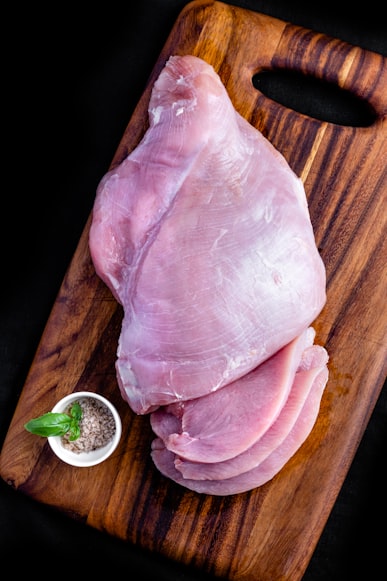
When they’re a few months old, they can eat diets. Commercial turtle pellets or flakes, tiny live bugs like roaches and crickets, small fish such as baby minnows, mollies, and guppies, tiny live shrimp, vegetables, and fruits should all be added first. The type of food you feed your infant turtle is determined by its species, water temperature, and size.
Water turtles are omnivorous, consuming both animal and vegetable foods. They are primarily carnivorous as youngsters but become increasingly omnivorous as they grow older.
Aquatic turtles eat and swallow with their heads submerged, so they won’t eat out of the water. Aquatic turtles may be fed in a separate, tiny aquarium of warm water to help ensure the cleanliness of their tanks. This way, the turtles will defecate in this water rather than their main aquarium. When feeding turtles, it’s important to give them a range of foods. Feeding turtle food in different forms on a regular basis helps encourage them to eat and provides nutritional balance.
What Do Baby Water Turtles Eat in The Wild?
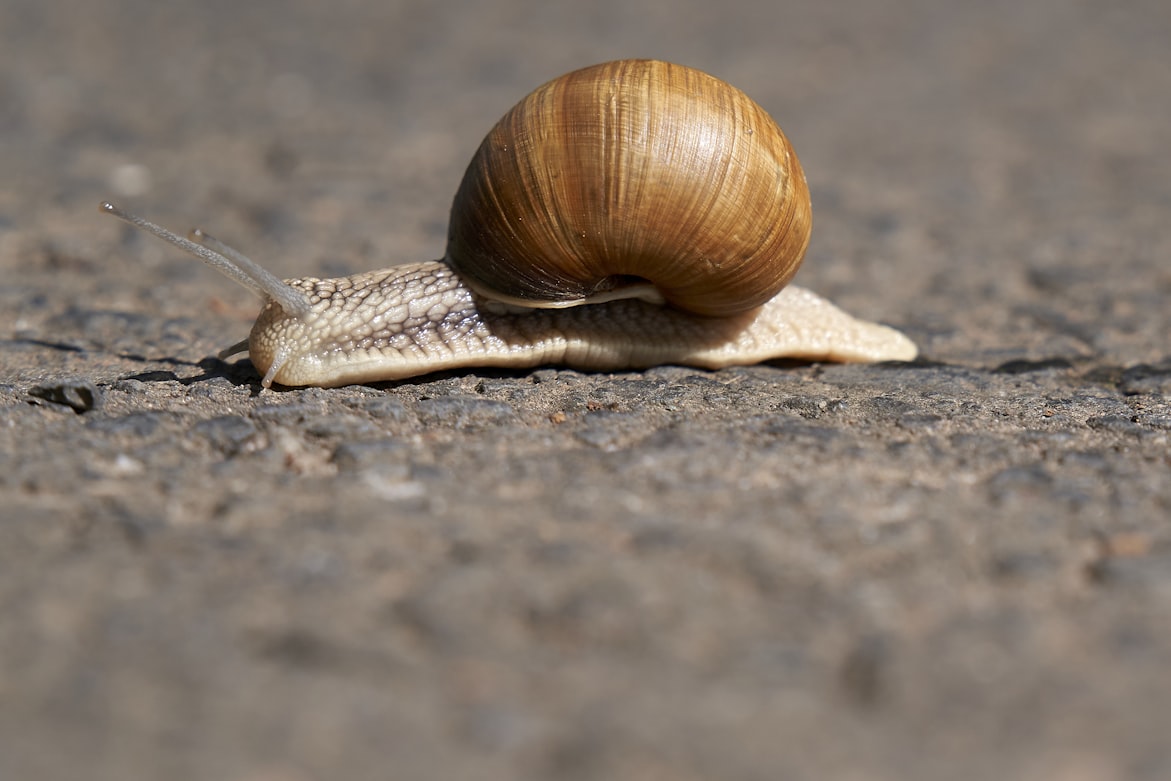
Wild aquatic turtles eat fish, and pet turtles may be fed with feeder fish from pet shops or bait stores. Goldfish, minnows, and guppies are some examples of fish that may be offered to the turtle depending on its size.
Live fish may provide your turtle with mental stimulation and exercise, as well as the thrill of catching and eating its food. Fish is also a good source of calcium for turtles if they consume the entire fish, bones, and all.
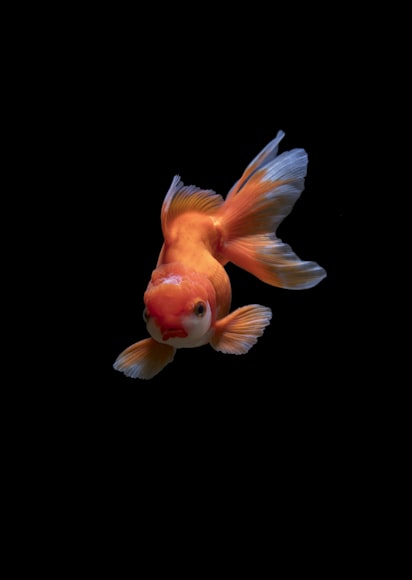
Feeder fish, on the other hand, have been shown to carry parasites and germs that can infect pet turtles if they eat them. As a result, feeder fish should be fed only rarely if given to turtles. Feeding oily fish such as mackerel, smelt, and other fatty fish in large quantities or at all may cause vitamin E deficiencies. A thiamine (vitamin B1) deficiency may result from a mostly fish diet, so aquatic turtles should only be fed in tiny amounts.
Turtles, earthworms, and frogs can all be fed to baby turtles as well. Snails, beetles, slugs, grasshoppers, crickets, moths, waxworms, mealworms, and other insects may also be offered. Feeding flesh from wild-caught fish and amphibians is not suggested because parasites and other potential infections may infect the turtle.

Meat, chicken, or fish obtained from the supermarket does not have a proper ratio of calcium and phosphorus for a turtle and should not be fed to turtles. The carnivorous component of a turtle’s diet should make up no more than two-thirds of the diet of juvenile turtles and about half of the adult turtles’ diets.
How To Feed Baby Water Turtles?

In the wild, young turtles obtain their nutrients from traveling about in the woods, walking about in shaded areas, and swimming in deep swimming pools. They consume everything from insects to tiny fish to aquatic plants and grasses to fruits on rare occasions. At their age, they prefer a diet that is more omnivorous since they like to eat a diverse range of animals and plants.
Land baby turtles may eat different things than aquatic baby turtles. Land turtle food, for example, is more vegetable-based than that of water-dwelling creatures. As a result, you must offer land baby turtles a balanced diet that includes both fresh leafy greens and commercial foods. To make meals simpler to digest, try feeding them in tiny pieces. Aquatic baby turtles are picky eaters who frequently defecate in the middle of their meals, therefore they should be fed in smaller tanks. As a result, if they feed in their aquarium, it will become filthy.
Baby turtles generally require a gel capsule or pellet supplement that you can buy from a pet store or online. However, keep in mind that the species, age, and nutritional demands of your turtle will have an impact on its diet. It is also well-known that adolescent turtles should consume more proteins than mature ones since it aids in the growth of their bones.
Feed your turtle on a regular basis, at least twice a day. Overfeeding them may cause them to overgrow their shell and become unsightly, so keep an eye on how much they’re eating. Local pet shops typically sell most turtle diets. However, you should double-check the labels to ensure that your baby turtle is eating the best diet possible. For the greatest outcome, pick a formula that has been authorized for your newborn turtle by its manufacturer.
It’s crucial to provide mineral and vitamin supplements, particularly Vitamin D and C, to your turtle hatchlings since they need them for healthy shell development. It also aids in the assimilation of vitamin D, which is required for the formation of strong as well as healthy shells and bones.
What Are The Natural Predators of Baby Water Turtles?
Turtles, including saltwater sea turtles, coastal brackish terrapins, and terrestrials tortoises, have been on Earth for a long time. They even interacted with the dinosaurs!
These extraordinary creatures can thank one of the most efficient natural defenses in existence: hard, boney shells.
Turtles, like many other reptiles and amphibians, are susceptible to a variety of predators. While their defensive anatomy may protect them from most attackers, you might be surprised to learn that turtles are frequently preyed upon by a variety of determined hunters. Adult turtles have few predators, but turtle eggs and emerging youngsters are extremely vulnerable.
Raccoons
Raccoons, in particular, enjoy the opportunity to ransack a turtle nest or devour newly hatched turtles. They’ll actively seek and dig up potential nest sites. Raccoon predation is actually the greatest cause of sea turtle fatalities in Florida.
Opossums
Another common omnivore is the opossum, which will often consume hatchling turtles and turtle eggs. Because opossums get most of their nutrition from insects and invertebrates, these encounters are mostly random in nature.
Skunks
All mustelids, including skunks, fishers, weasels, badgers, mink, and other species in the Mustelidae family are able to and eager to consume a turtle egg meal. There’s also no doubt that they have the jaw strength needed to break into a hatchling turtle’s shell!
Foxes & Other Canines
Turtles, being reptiles, are easy prey for dogs and cats. Foxes, wolves, coyotes, and domestic dogs will feed on turtle hatchlings and eggs when they occur by chance. Foxes are well-known for detecting buried food, such as turtle nests.
Bobcats
Turtles and turtle eggs aren’t much of a meal for felines, since they are predators that are drawn to movement. They may see a small, active turtle as more of a toy than a food source, especially in tiny house cats.
Bobcats have been known to attack and consume sea turtle eggs, despite their reputation as egg-eaters.
Lizards
All voracious lizards, as a rule, consume turtle eggs or any other prey as soon as they become accessible. Monitor lizards and tegus, in particular, are expert nest-raiders and egg-eaters.
Although crocodilians are one of the few predators that can and frequently do consume even fully grown turtles, they aren’t the only ones. Their strong, snapping jaws are capable of crushing the largest aquatic turtles into tiny pieces.
Snakes
People have reported seeing snakes eating turtle eggs and tiny turtles! Rat snakes are notorious for attacking chicken nests, but they’ll eat eggs from any species, including turtles. The Formosa kukri snake has adapted to eat only reptile eggs, and sea turtle eggs are among its favorite foods.
Snakes will consume anything that they can swallow, whether it’s a hatchling turtle or an adult. With their unhinging jaws, smaller turtles aren’t safe from snakes, especially large snake species like the anaconda.
Other Species of Turtles
Cannibalism does occur, as evidenced by the fact that adult turtles have been observed to consume their own species’ hatchlings. Snapping turtles snap off the heads of other turtles before eating them. It’s unclear if this behavior is territorial or strictly predatory in nature.
Birds of Prey
Hatchling turtles are frequently preyed upon by predatory wading birds and water birds while foraging for fish, amphibians, and aquatic vegetation. Crows and other similar species are aware of any adult turtles that appear to be nesting. They’ll either observe and wait or return later to consume the freshly laid eggs.
Birds of prey, such as eagles and hawks, will pick up small to medium-sized turtles and carry them high into the air before releasing them to the ground, where the hard shell will shatter and the flesh will be exposed.
Fish
Gar, largemouth bass, catfish, and other big, carnivorous fish species consume hatchling turtles in freshwater settings. Adult sea turtles are preyed upon by a variety of the world’s largest fish, including sharks! Adult sea turtle adults are the only natural predators of adult sea turtles.
Are Baby Water Turtles Healthy To Eat?
Eating sea turtles isn’t as pleasurable as those who advocate for it would have you believe. Turtles are hazardous meals due to the fact that they include a slew of disease-producing chemicals, such as pesticides, heavy metals, and other environmental contaminants. A turtle meal might swiftly return to haunt its consumer with severe consequences that necessitate rapid medical treatment.
If the biological hazards aren’t enough to deter you from eating turtle meat and eggs, consider the microbiological risk. Sea turtles host a diverse range of germs. They are completely safe for animals but can be extremely dangerous to humans.
Amazon and the Amazon logo are trademarks of Amazon.com, Inc, or its affiliates.


